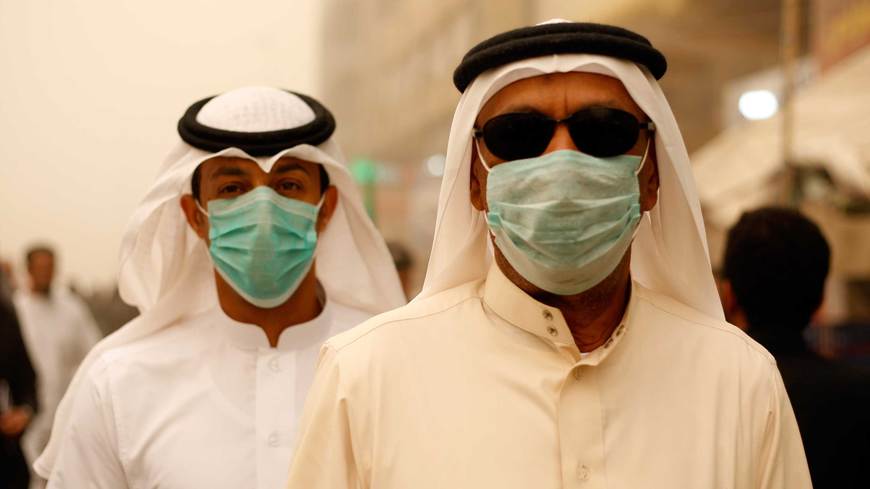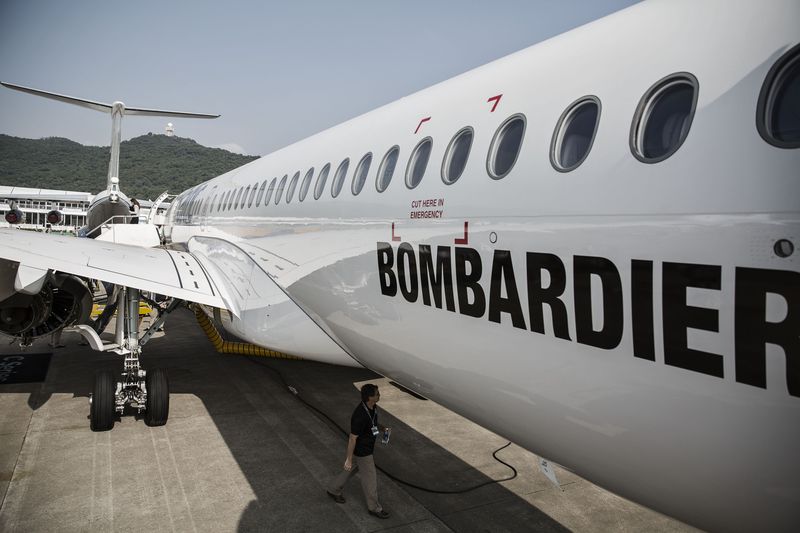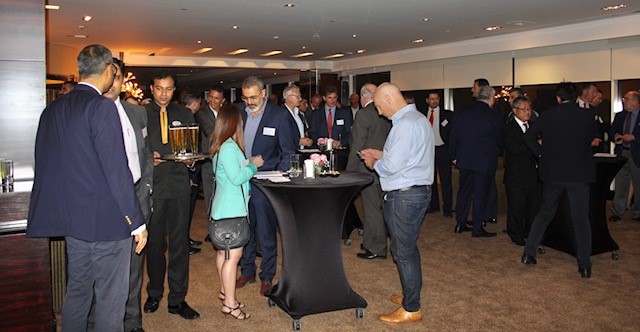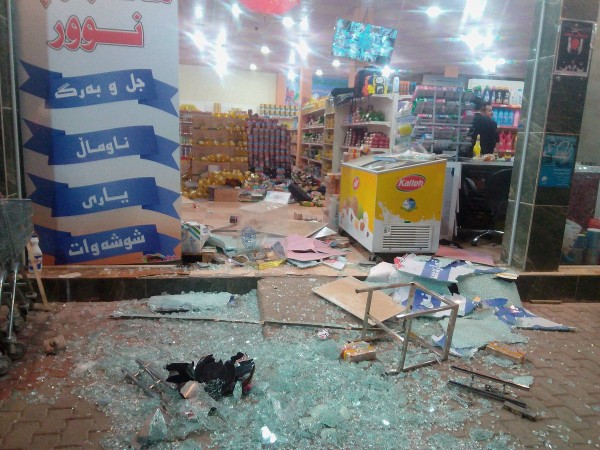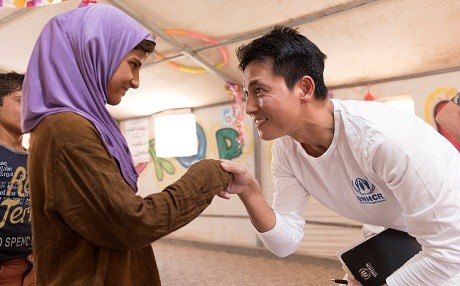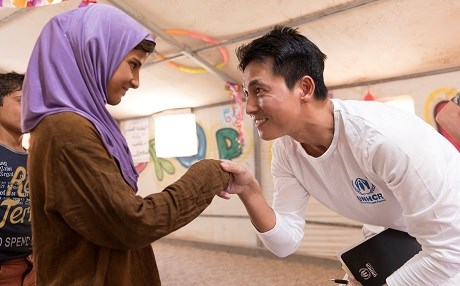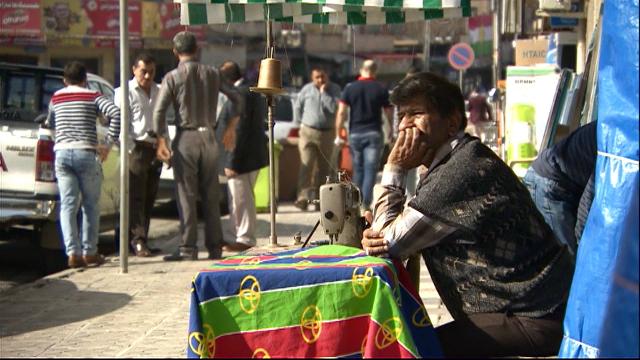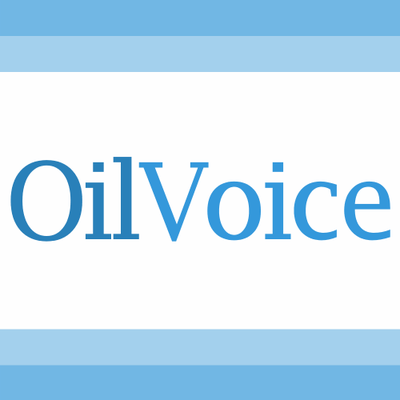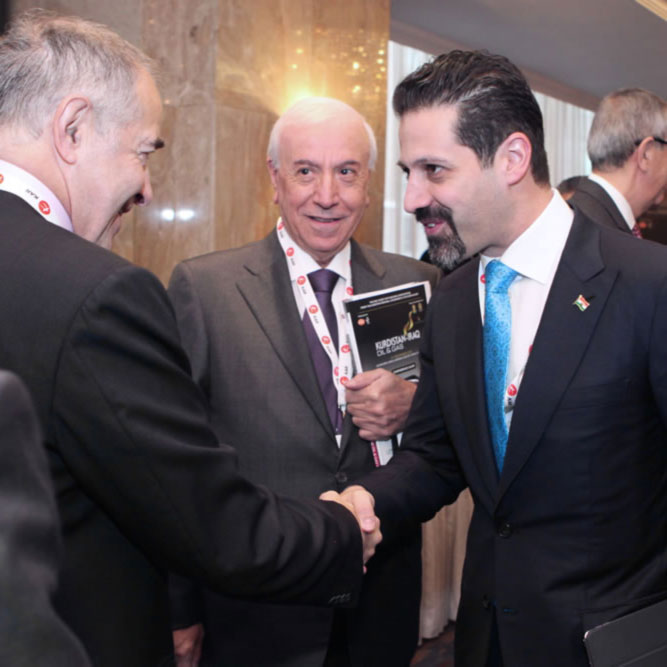By Wassim Bassem for Al Monitor. Any opinions expressed here are those of the author and do not necessarily reflect the views of Iraq Business News.
On Nov. 3, NASA published clear images taken by its satellites of the severe dust storm that hit Iraq recently. The climate changes sweeping Iraq are causing human casualties and economic damages. Hundreds of cases of suffocation were recorded.
The Ministry of Health announced Oct. 30 that there were more than 4,200 cases of suffocation in most governorates, including 528 in Karbala. During the dust storm, the Iraqi Civil Aviation Authority canceled its flights, and Iranian flights to Baghdad and Najaf airports were also canceled. Ninevah province recorded 1,108 cases of suffocation in the camps for internally displaced persons.
The storms also affected the course of the battles between the Iraqi forces and the Islamic State (IS). On Oct. 31, the Iraqi forces were forced to postpone the campaign aimed to retrieve the city of Qaim, west of Anbar, from IS because of the lack of visibility caused by the dust storms.
While dust storms are occurring in neighboring countries such as Saudi Arabia, Kuwait and even Iran, “Iraq is one of the most affected countries by the storm, at the level of its environment, individuals’ health and economy,” said Amer Habib of the Technical College Musayyib in Babil province and the director of a project on organic fertilizers in Babil.
“This is due to the fact that Iraq is a barren land where vegetation is scarce. Human activities have swept away orchards and agricultural lands, which also led to the decrease of the rivers’ water levels and the lack of rainfall, which resulted in the drying up of huge areas of agricultural spaces.”
In 2011, the World Meteorological Organization identified dust storms as a natural disaster. Several countries around the world have strengthened their defense strategies against this environmental threat with green belts of trees that are resistant to drought and harsh environments. The stakeholders, especially local governments in Iraq, have been following the same approach for years and have developed projects to help eliminate desertification.

